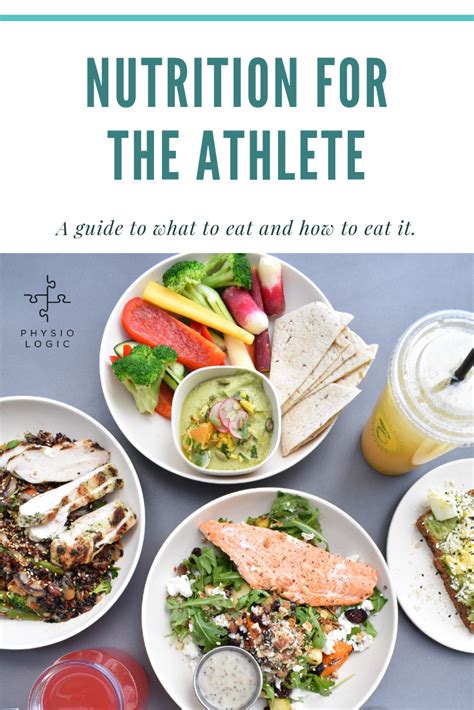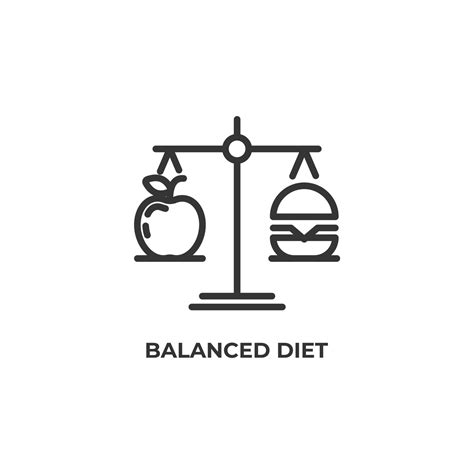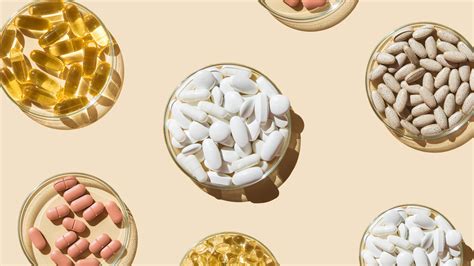Elite men: How to optimize nutrition for peak performance & muscle growth?

The Foundation of Elite Performance: Why Nutrition Matters
For elite male athletes, nutrition isn’t just about fuel; it’s a critical component of training, recovery, and ultimately, peak performance and sustainable muscle growth. While rigorous training pushes the body to its limits, optimal nutrition provides the essential building blocks for repair, adaptation, and strength gains. Ignoring this crucial aspect can lead to plateaus, increased injury risk, and underperformance. Mastering your diet is as vital as mastering your sport.

Macronutrient Mastery: The Pillars of Power
Protein: The Anabolic Accelerator
Protein is paramount for muscle repair, recovery, and hypertrophy. Elite men engaged in intense training should aim for higher protein intake than the average individual, typically ranging from 1.6 to 2.2 grams per kilogram of body weight per day. Prioritize lean sources like chicken breast, lean beef, fish, eggs, and dairy, distributing intake evenly across meals to maximize muscle protein synthesis.
Carbohydrates: The Fuel for Firepower
Carbohydrates are the primary energy source for high-intensity exercise and crucial for replenishing glycogen stores. Depending on training volume and intensity, elite athletes may require 4-7 grams per kilogram of body weight daily, or even higher. Focus on complex carbohydrates such as whole grains, oats, brown rice, potatoes, and fruits to provide sustained energy. Strategic carbohydrate timing, especially around workouts, is key for performance and recovery.
Fats: The Unsung Hero
Dietary fats are essential for hormone production, nutrient absorption, and overall health. Aim for 20-30% of your total daily calories from healthy fat sources. Incorporate avocados, nuts, seeds, olive oil, and fatty fish (like salmon) which are rich in omega-3 fatty acids, known for their anti-inflammatory benefits.

Strategic Nutrient Timing: Maximizing Every Window
While total daily intake is paramount, nutrient timing can offer an additional edge for elite athletes.
- Pre-Workout: Consume a meal rich in complex carbohydrates and moderate protein 2-3 hours before training to top off glycogen stores and provide sustained energy.
- Intra-Workout: For extended or high-intensity sessions (over 60 minutes), an intra-workout drink containing simple carbohydrates and electrolytes can prevent fatigue and maintain performance.
- Post-Workout: The 30-60 minute window post-exercise is crucial for recovery. A rapid intake of easily digestible protein (20-40g) and carbohydrates (0.8-1.2g/kg BW) helps replenish glycogen, initiate muscle repair, and reduce muscle soreness.

Hydration: The Performance Multiplier
Often underestimated, proper hydration is fundamental for all bodily functions, including nutrient transport, temperature regulation, and joint lubrication. Even slight dehydration can significantly impair athletic performance and cognitive function. Aim to drink 3-4 liters of water daily, increasing intake during intense training and hot environments. Electrolyte beverages can be beneficial during prolonged or heavy sweating sessions to replenish lost minerals.
Micronutrients & Supplements: Bridging the Gaps
Vitamins and Minerals: The Essential Cogs
A diet rich in diverse whole foods should provide most necessary vitamins and minerals. However, intense training can increase the demand for certain micronutrients (e.g., B vitamins, iron, magnesium, zinc, Vitamin D). Regular blood work can help identify any deficiencies that might impact performance or recovery.
Smart Supplementation: Targeted Support
While supplements cannot replace a sound diet, certain options can provide a performance edge for elite men:
- Creatine Monohydrate: Proven to enhance strength, power, and muscle mass.
- Whey Protein: A convenient and fast-acting source of protein for post-workout recovery.
- Branched-Chain Amino Acids (BCAAs): May help reduce muscle breakdown during prolonged exercise.
- Omega-3 Fatty Acids: Support joint health and reduce inflammation.
- Vitamin D: Essential for bone health, immune function, and testosterone regulation.
Always consult with a sports nutritionist or healthcare professional before incorporating new supplements.

Practical Application: Making It Work
Optimizing nutrition requires consistency and strategic planning. Start by tracking your current intake to establish a baseline. Develop a personalized meal plan that aligns with your training schedule, dietary preferences, and performance goals. Meal prepping can save time and ensure adherence. Regularly assess your progress, listen to your body, and be prepared to adjust your nutritional strategy as your training phases or goals evolve. Continuous learning and adaptation are hallmarks of elite performance, both in training and in the kitchen.

Conclusion: Fueling Your Ascent to Greatness
For elite men striving for peak performance and maximal muscle growth, nutrition is not an afterthought – it is a cornerstone of success. By meticulously managing macronutrient intake, strategically timing nutrients, prioritizing hydration, and judiciously using supplements, athletes can unlock their full potential. This holistic approach ensures the body receives everything it needs to perform, recover, and adapt at the highest level, propelling you towards your elite goals.









